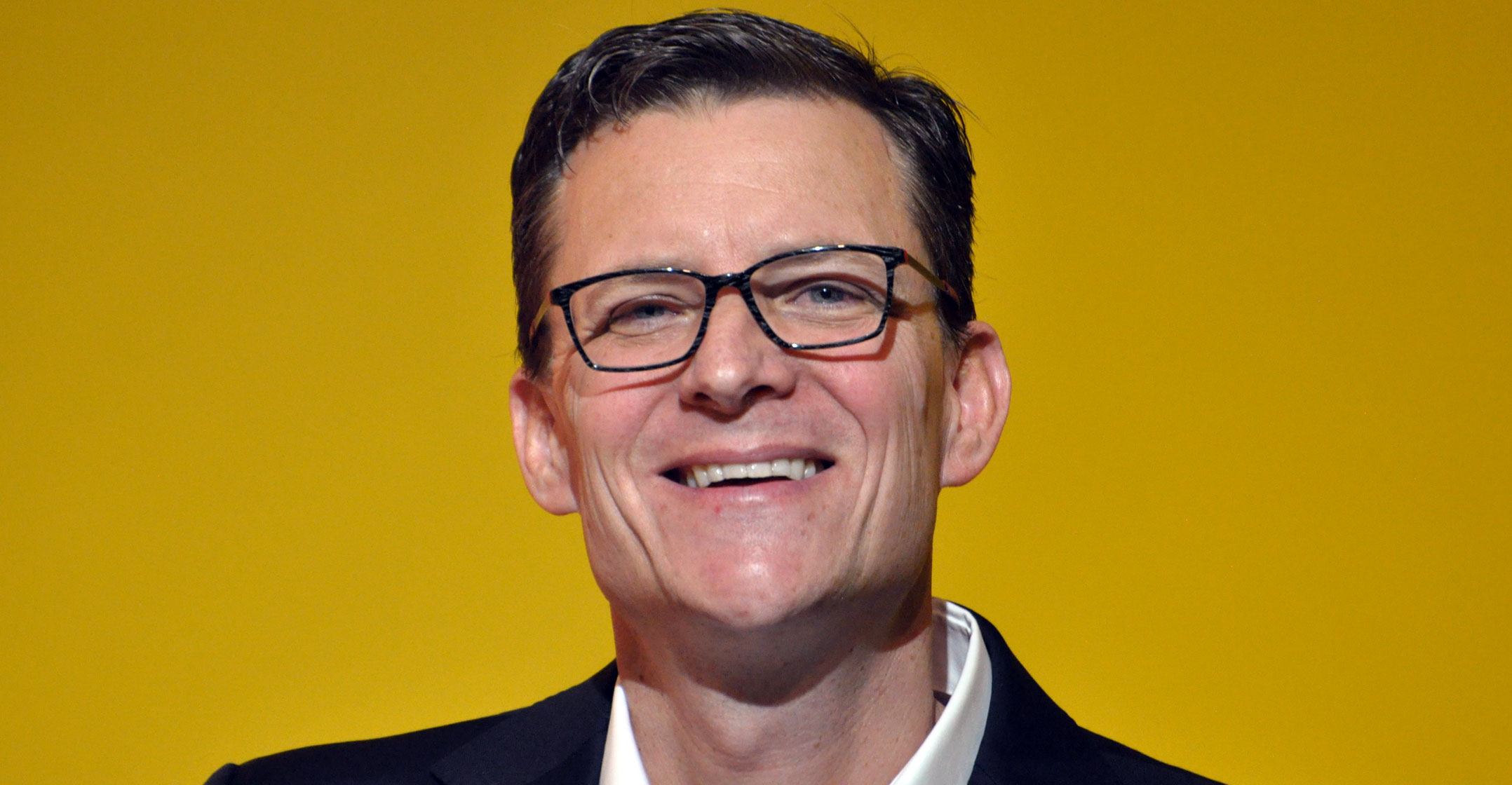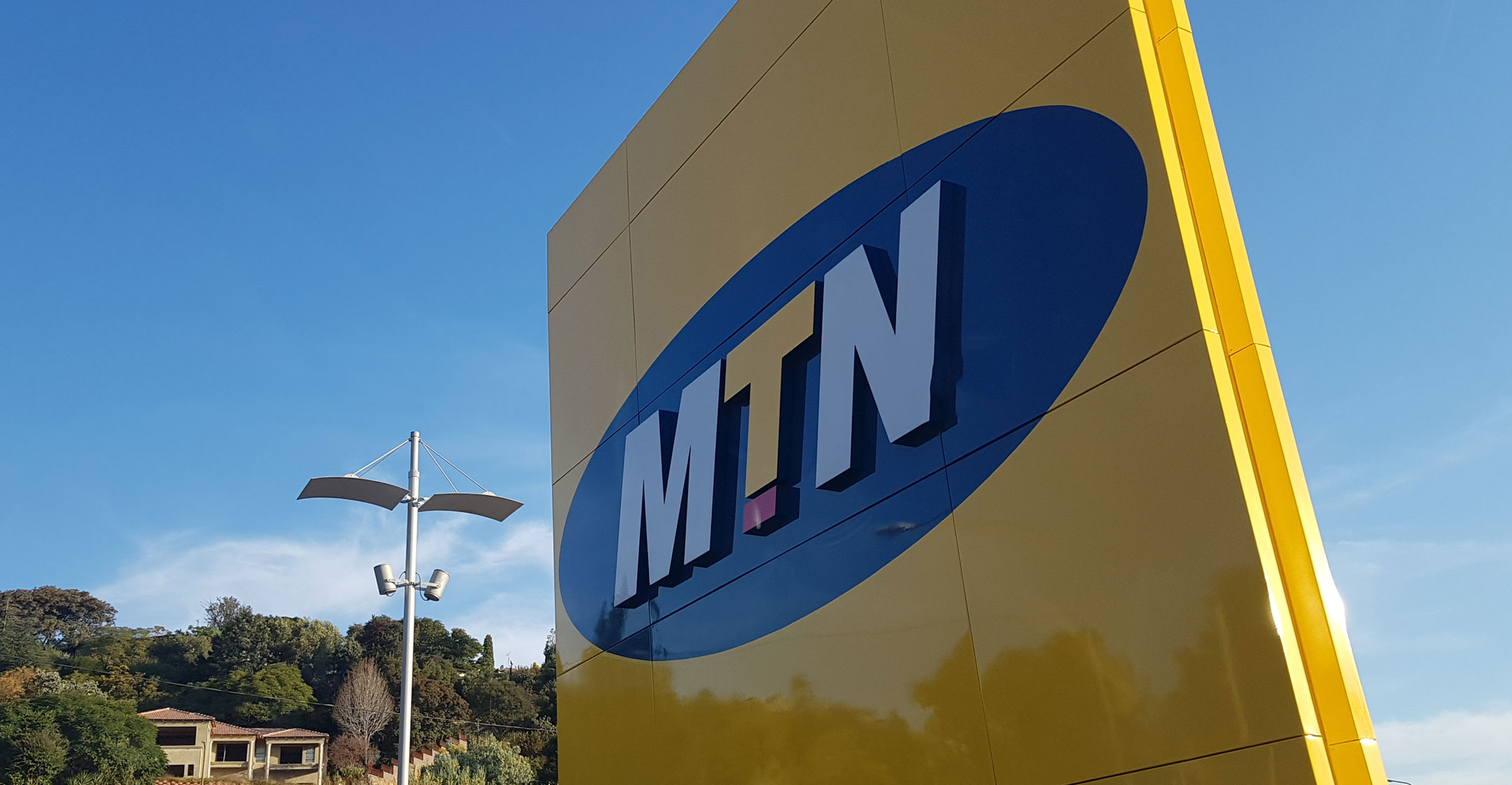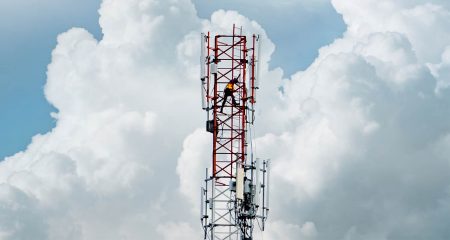
MTN Group has announced it will launch an instant messaging (IM) service akin to China’s WeChat and Facebook’s WhatsApp as it seeks to expand revenue from digital services and mobile money.
With the IM platform, which will form part of the group’s mobile money initiatives, MTN wants to build what group CEO Rob Shuter calls the “WeChat of Africa”. WeChat, developed by Naspers affiliate Tencent, is by far the largest IM app in China and offers a wide range of in-app services from chat to payments.
The app will be launched in MTN markets in West Africa first as part of a “beta-testing” phase. The plan is to introduce it to all the countries in which it operates, including South Africa. A key differentiator will be the ability for users to exchange messages who don’t have a data plan through interoperability with SMS.
At the same time, MTN will expand its mobile money offering from 14 to 18 markets, including South Africa. Though the group previously launched mobile money in South Africa only to later withdraw the service, Shuter said the group plans to take a different approach this time. Instead of competing with the banks by launching a full digital banking platform, the focus this time will be on the unbanked and underbanked segment of the population.
“We are successful (with mobile money) when we compete with cash,” Shuter said on a call with journalists on Thursday morning to unpack MTN’s annual results for the year ended 31 December 2018.
“We are extending our Bright strategy to build MTN into a digital operator with a major focus on the fintech, digital, enterprise and wholesale business areas,” Shuter said in a statement alongside the results.
“Key focus areas for 2019 are the launch of our own music streaming and instant messaging applications and extending MTN mobile money from 14 to 18 countries through launches in South Africa, Nigeria, Afghanistan and Sudan.”
Revised guidance
The group revised its guidance to investors upwards, targeting double-digit growth in service revenue, improved profit margins and capital expenditure efficiency. It has a new target to drive return on equity from 11% to over 20% in the next three to five years.
It said its full-year results met all of its medium-term targets, reducing its holding company leverage and accelerating service revenue growth driven by the implementation of its so-called “Bright” strategy.
It increased its subscriber base by 16 million to 233 million customers across 21 markets in Africa and the Middle East. The number of active data users increased by 10 million to 79 million and the active mobile money subscriber base rose to 27 million. “This strong commercial momentum drove a 10.7% constant currency increase in service revenue to R125.4-billion.”
 It added that the service revenue growth was ahead of guidance and above the average rate of inflation in the markets in which it operates.
It added that the service revenue growth was ahead of guidance and above the average rate of inflation in the markets in which it operates.
Group earnings before interest, tax, depreciation and amortisation rose more than 15% and reported headline earnings per share increased to R3.37 from R1.82 in 2017. “Adjusting for once-off items, Heps would have been R5.65/share. The total full-year dividend of R5 is well covered and a final dividend of R3.25 has been declared.”
In addition, MTN said it has R40-billion “tied up in the value of the e-commerce and tower company investments”. It said these are not viewed as long-term strategic assets of the group and will be monetised over time. It said it expects to realise more than R15-billion in the next three years from a review of its portfolio, excluding any possible proceeds from its R23-billion stake in tower company IHS.
Confirming an earlier report, MTN said it will dispose of its stake in Botswana’s Mascom. This will raise US$300-million for the group. — © 2019 NewsCentral Media




